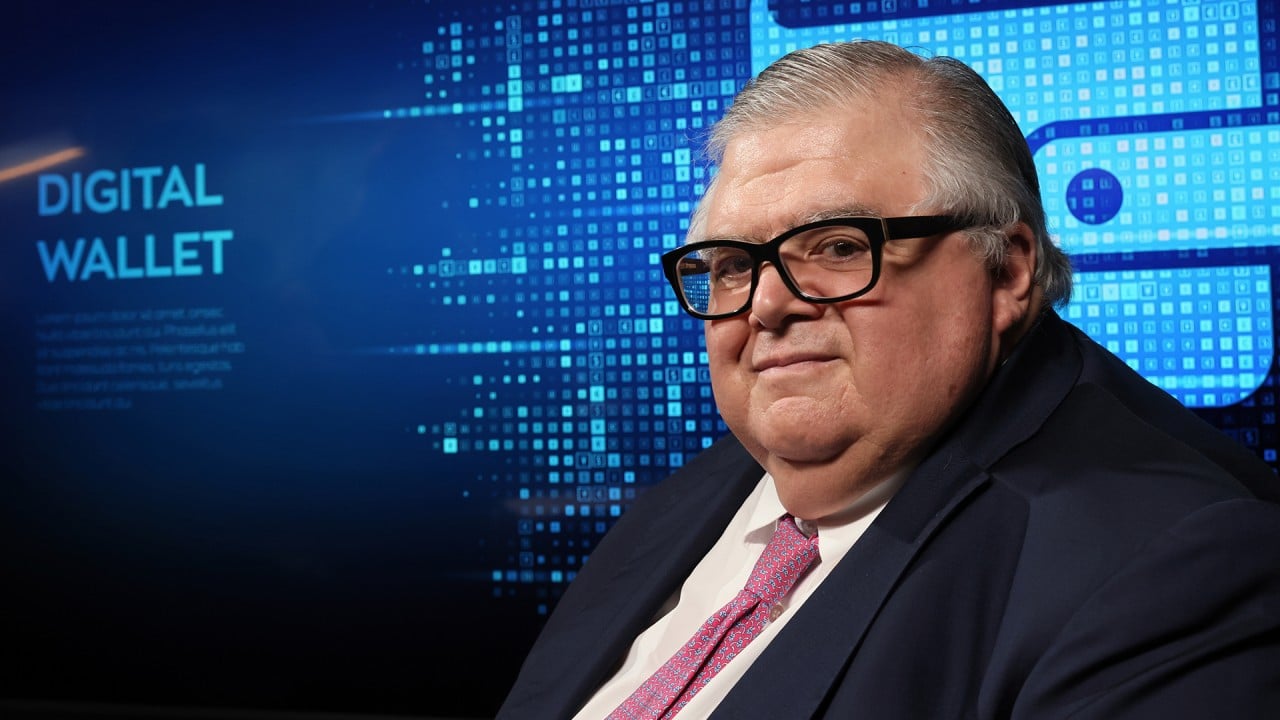
Hong Kong banks will raise their lending rates further in 2023 as Fed seeks to tame runaway US inflation, analysts say
- All 10 economists polled by the Post predicted the prime rate will rise in 2023 by up to 1 percentage point
- If their forecasts are right, the prime rate could hit 6.875 per cent per annum, a level last seen in late 2007
If their predictions are right, the prime rate will go up to between 6 per cent and 6.875 per cent per annum, a level last seen in late 2007 before the global financial crisis.
Hong Kong banks have already increased their prime rate three times in 2022, by a total of 62.5 basis points. HSBC, Bank of China (Hong Kong) and Hang Seng Bank are now pricing their best lending rate at 5.625 per cent per annum, while Standard Chartered, Bank of East Asia and other lenders have increased theirs to 5.875 per cent.
The local currency has been pegged to the US dollar since 1983, which means local interest rates move in lockstep with the US.
“The Hibor is likely to stay at a high level, of about 5 per cent, in the first half of 2023, and the prime rate is likely to go up to about 6 per cent,” said Yam.
Other economists expect the Fed will increase its key rate by between 50 and 75 basis points in the first half of this year to tame inflation that is likely to stay at about 7 per cent, way above its target of 2 per cent.
“The US Fed is determined to slow inflation at the cost of economic growth. Hence it is likely to do two more rate hikes of 25 basis points each,” said Tommy Ong, managing director of T.O. & Associates Consultancy.
“The increase in financing costs negatively impacts Hong Kong’s small and medium enterprises’ sustainability, but to a lesser extent for the big companies.
“The stock market has already felt the pain in 2022 of the rate hikes. The negative impact of further rate hikes is fading for equities.”
A rising prime rate will affect the property market as borrowers face higher monthly repayments, said Eric Tso Tak-ming, chief vice-president of local mortgage broker mReferral, who forecast the Fed rate will increase to 5.5 per cent and Hong Kong’s prime rate to 6.5 per cent.
The payment on a typical HK$5 million (US$643,000) mortgage over 30 years would rise by 11 per cent, or HK$2,492, to HK$24,596 per month if the prime rate were to hit 6.5 per cent per annum, according to calculations by mReferral.
Ong believes the housing market will get used to higher rates.
“With the easing of pandemic measures in Hong Kong and China, together with more relaxed housing policies, the residential market will bottom out in the second quarter of 2023,” he said.
Most economists believe the Fed will suspend rate hikes in the middle of this year as the US slips into a recession.
“Hong Kong’s prime interest rate will be raised once again this year by 25 basis point, and it will then stop after the Federal Reserve stops,” said Kirk Wong, a global market and forex strategist at Everbright Securities International.
Hong Kong and the US will not start cutting rates until 2024, according to Ryan Lam Chun-wang, head of research with Shanghai Commercial Bank.
“While the several rate rises in early 2023 may bring US inflation down to between 3.5 per cent and 4 per cent, it is still higher than the target inflation rate of 2 per cent,” Lam said.
Yam expects the first rate cut may come as soon as the end of this year.
“High interest rates may lead to many companies or individuals defaulting on their debt payments. This may trigger a debt crisis and force the Fed to turn around its interest rate policy,” Yam said.


